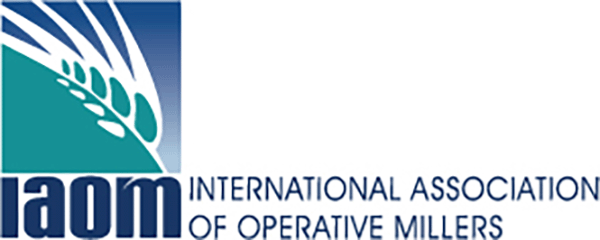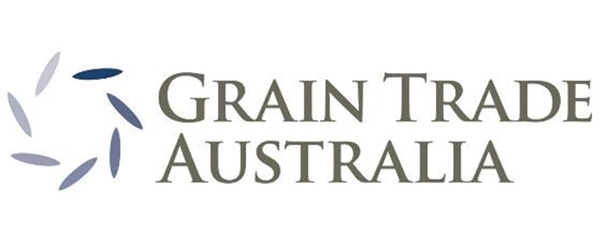Basis Commodities
Grains, pulses and feed products
Wheat
Wheat, a grain cultivated worldwide is a staple food source for a significant portion of the world's population, and the corresponding global wheat trade plays a crucial role in global food security and economic stability.
The team at Basis have been involved in sourcing, marketing and trading wheat, principally from Australia, for many years. We are now helping our clients in the Middle East, Africa and Asia connect with suppliers from Australia, the Black Sea and South America.
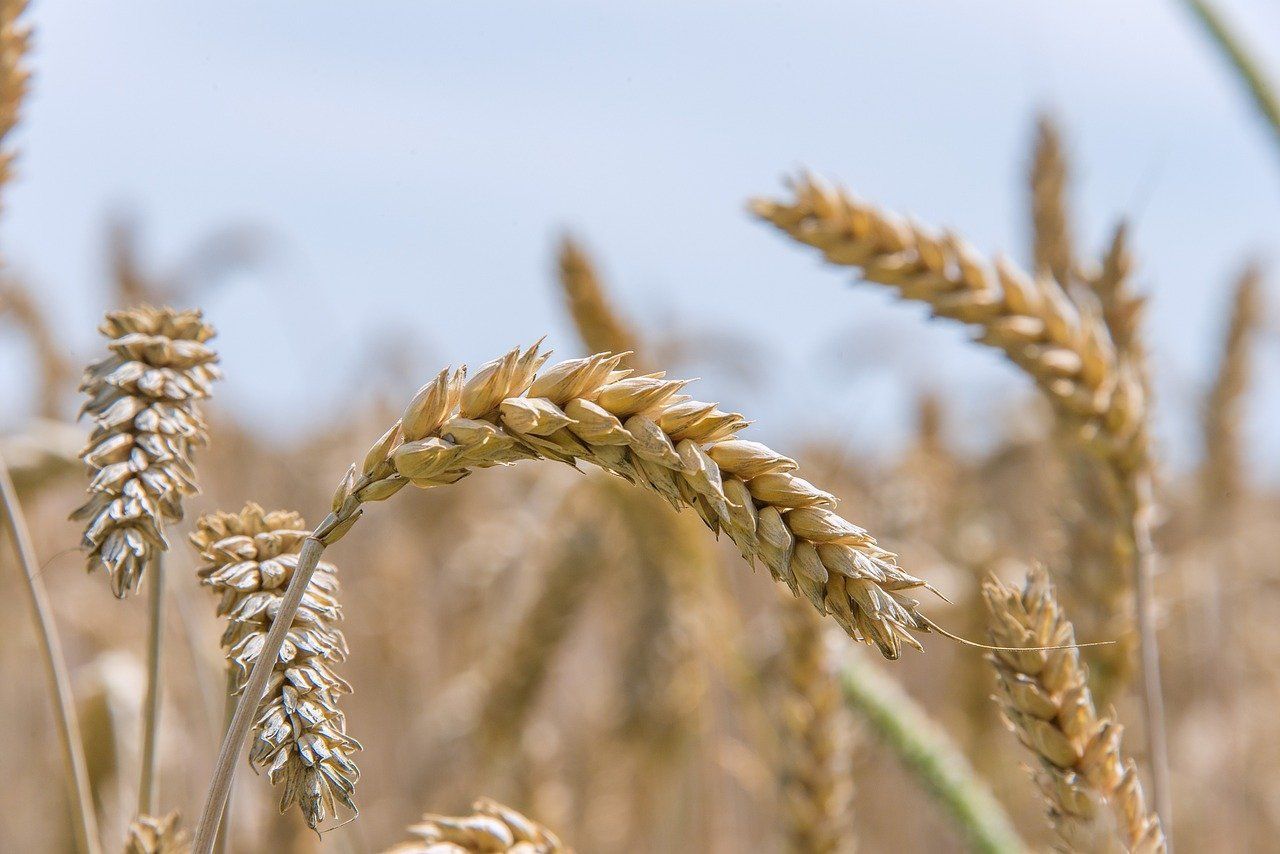
Barley
Barley is a versatile cereal grain used for various purposes, including food production, brewing, and animal feed. As a consequence, the world barley trade is a key component of the global grain market, contributing to the nutritional needs of both humans and livestock. The main originations largely mirror those of wheat.
The Middle East has always been a major market for feed barley demand and as a consequence, the Basis Commodities team have been involved in the barley trade since foundation in 2014 and continue to help buyers and sellers connect to this day.
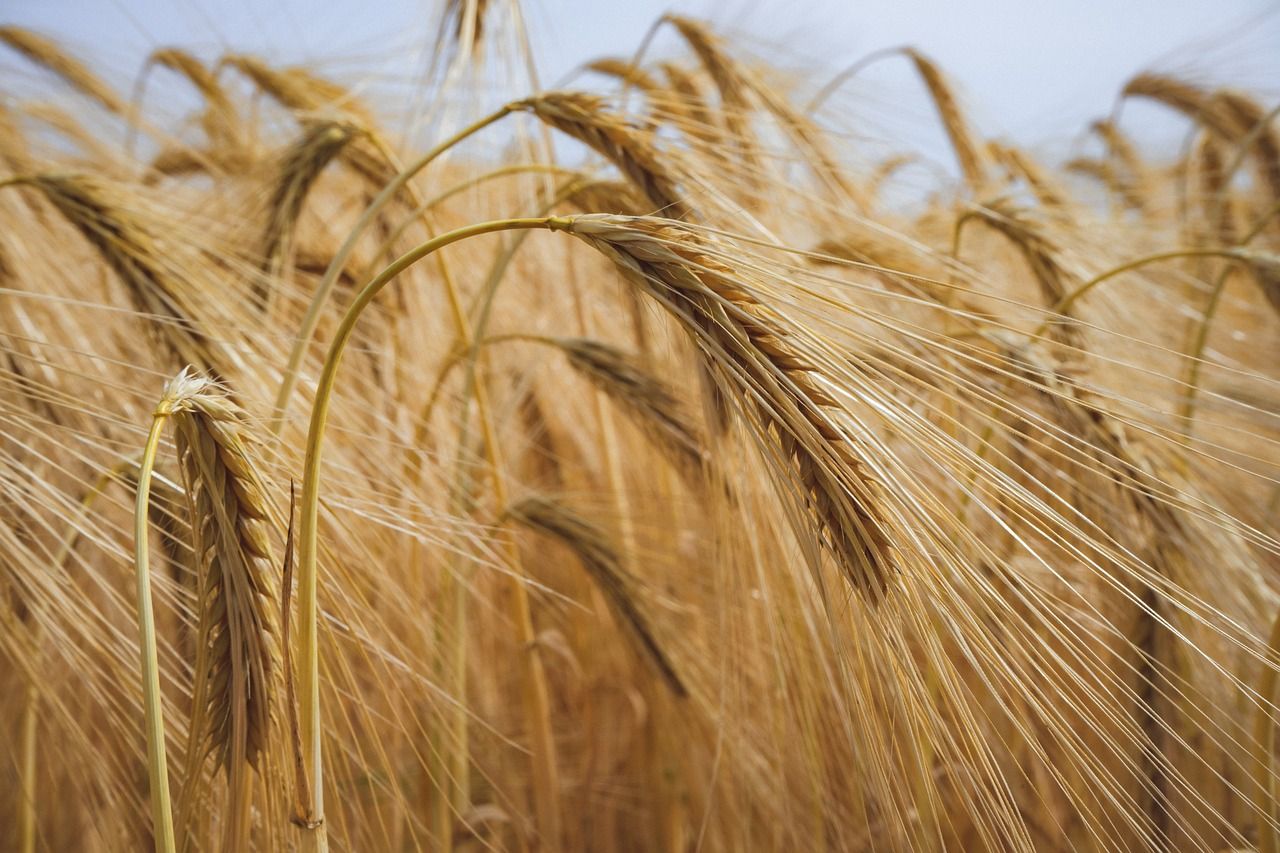
Canola
Canola is derived from the rapeseed plant and is a major source of vegetable oil and protein-rich meal for both human and animal consumption. More recently it is also being used in the biofuel markets.
In recent years Australia has become increasingly important in the global canola trade, particularly into Europe and the UAE. As a result, we are now working with our Australian suppliers to add it into the trade flows we involve ourselves in.
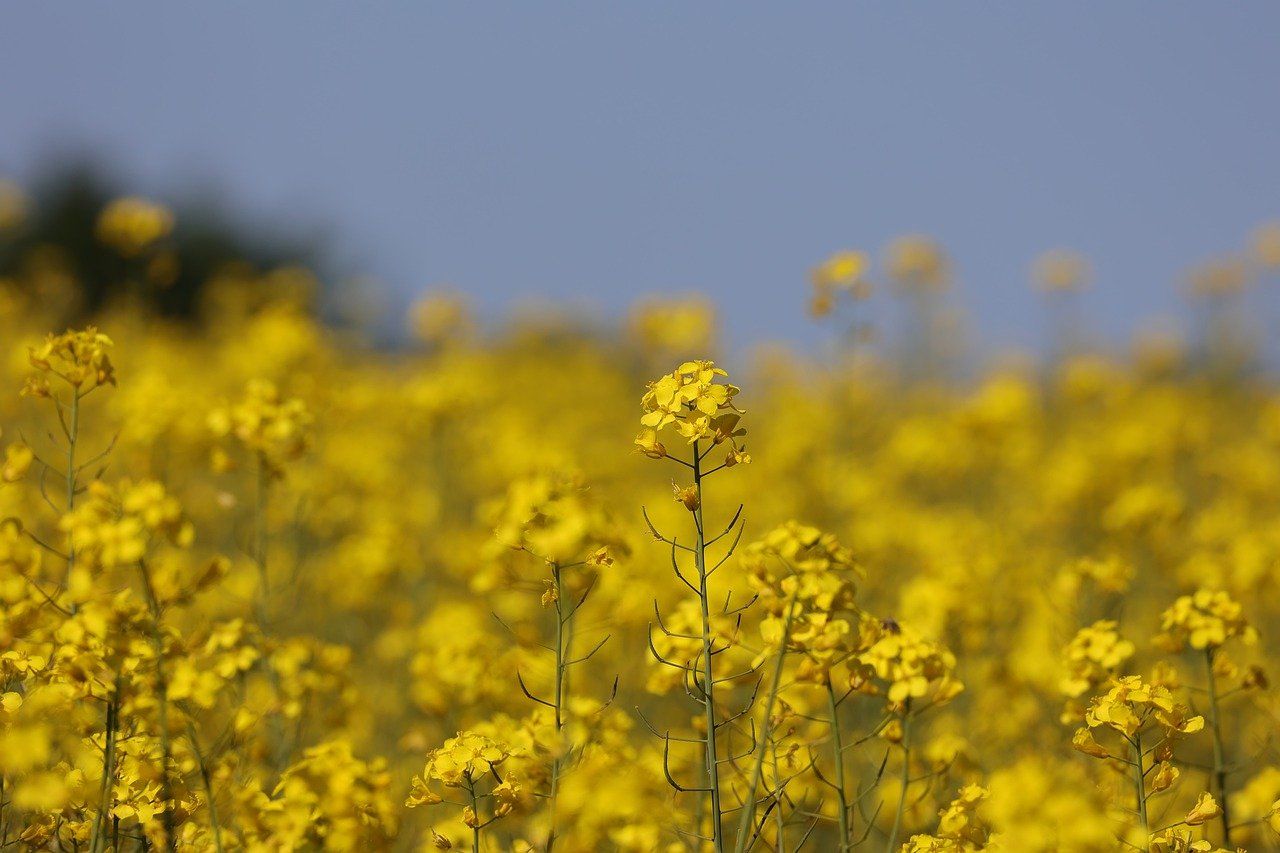
Sorghum
Sorghum is a versatile and drought-resistant cereal crop and is traded internationally for purposes such as human consumption, livestock feed, and industrial applications.
Leading sorghum-exporting countries include Australia, United States, Argentina and several African nations including Sudan.
Given our role in sourcing food and feed grains for the for food and fodder clients across the Middle East region we can source competitive sorghum quotes for our clients when needed.
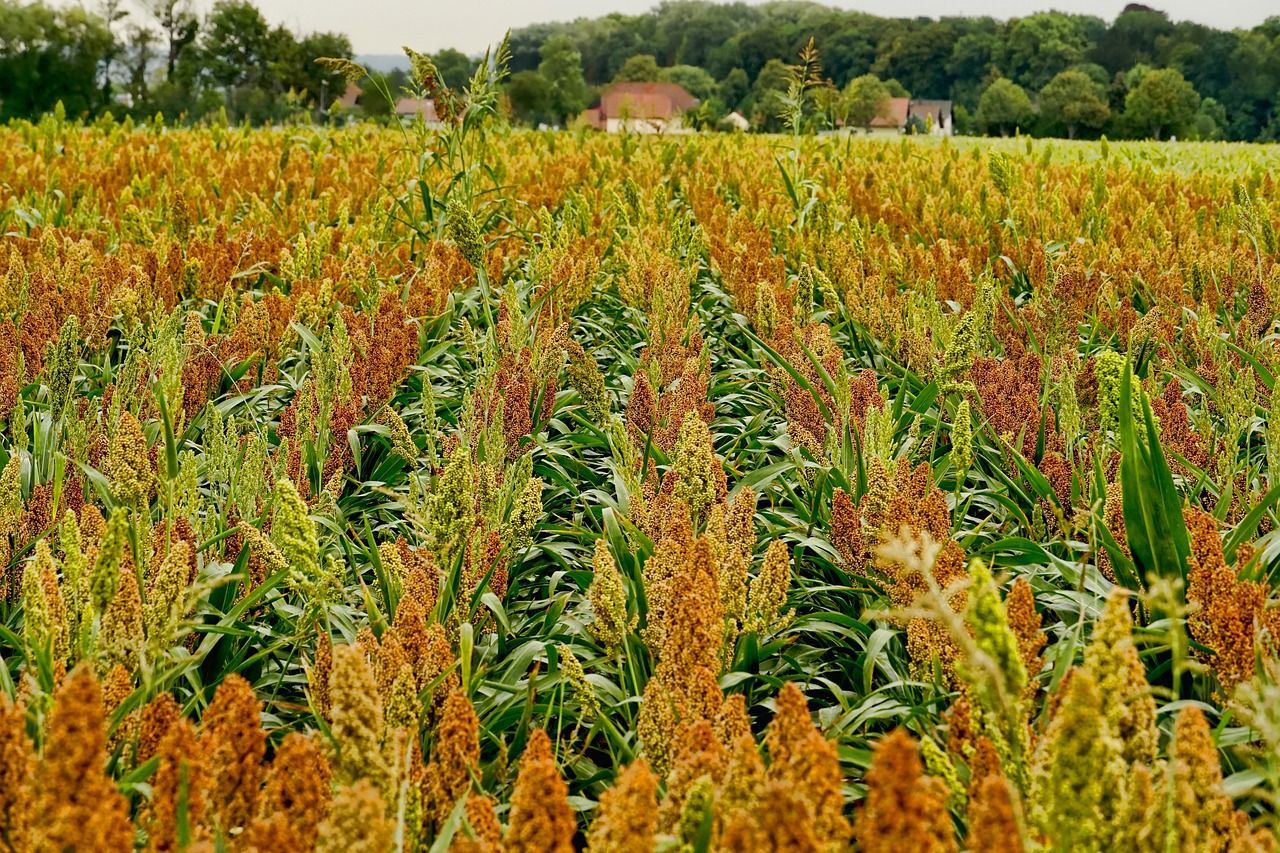
Corn & Distillers Dried Grains with Solubles (DGGS)
Corn (maize) is utilised for human consumption, animal feed, and is a key ingredient in numerous industrial products such as starch, corn oil, and ethanol. Major corn-exporting countries include the Ukraine, Brazil and Argentina as well as the US.
From consultation with clients’ to understand their needs Basis Commodities have recently begun to build links into respected suppliers of corn and one of its byproducts, DDGS.
DDGS is rich in protein, fibre, and essential nutrients, making it a valuable feed ingredient for livestock, poultry, and aquaculture.
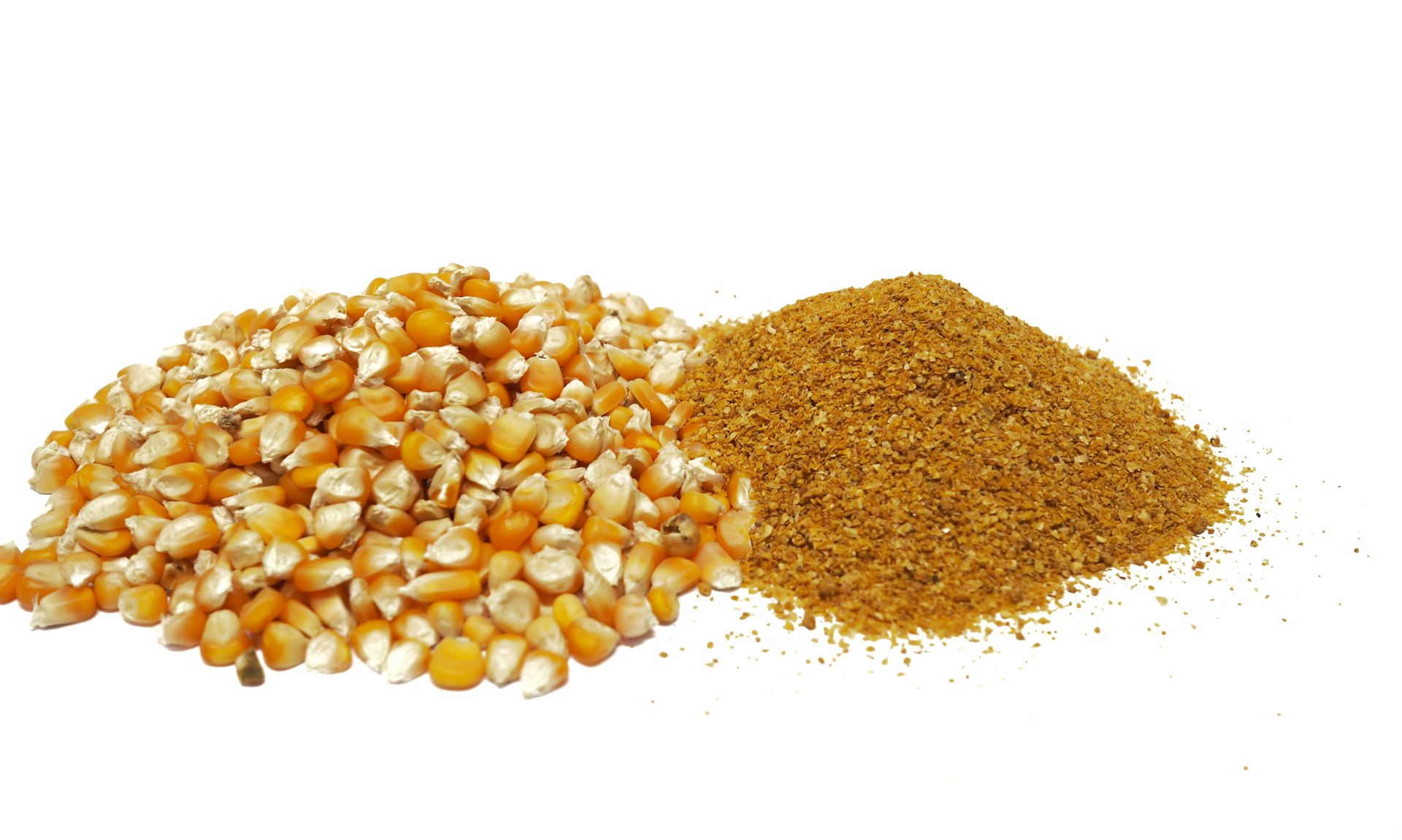
Soybeans and soybean meal
Soybeans are a primary source of protein and edible oil, making them essential for human nutrition. Soybean meal is a byproduct of soybean oil extraction, which serves as a key ingredient in livestock and poultry feed.
As demand for Soybeans and plant based protein alternatives grows in the Middle East and Asia, Basis Commodities has successfully begun to source Soybeans and Soybean Meal for our clients from the Black Sea and South America
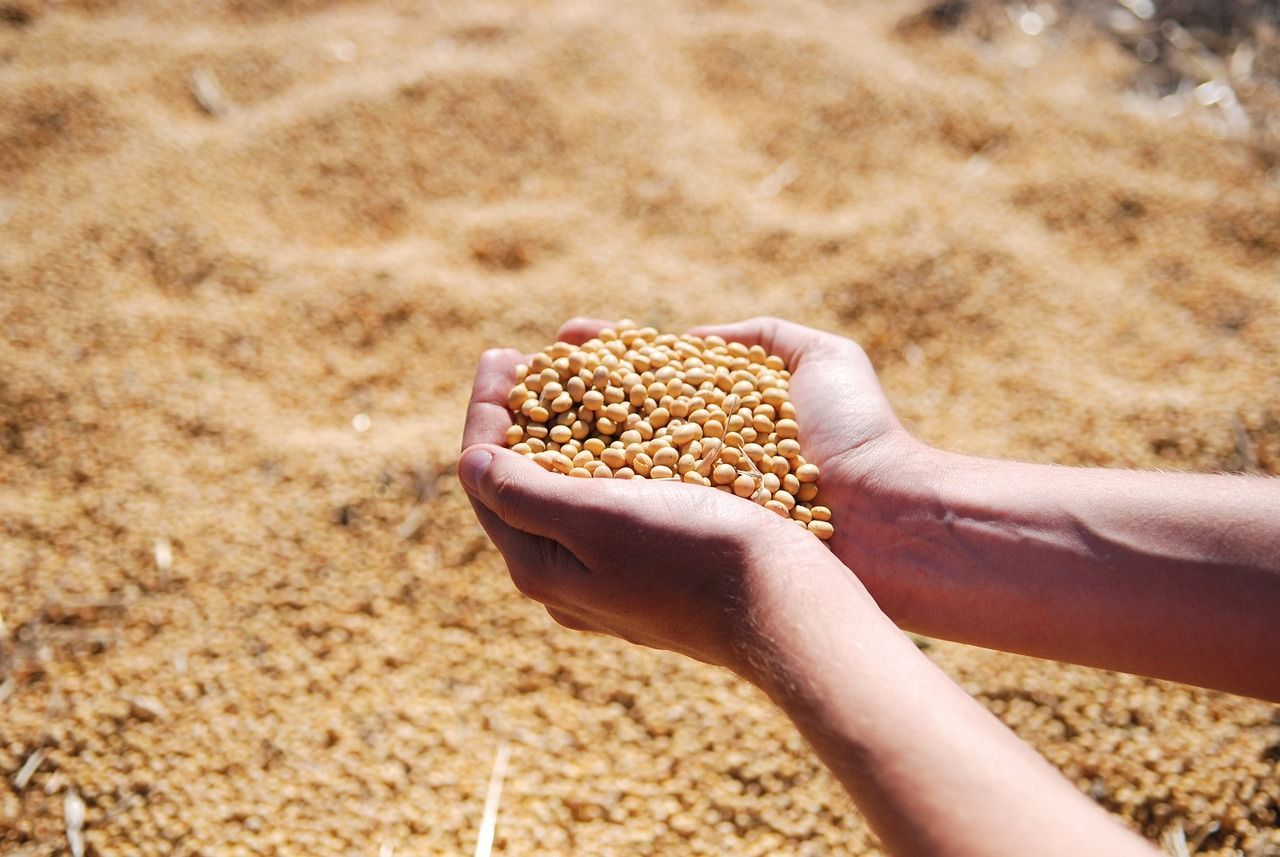
Oaten Hay
Oaten hay, derived from early harvest of an oat crop prior to the plants seed formation while still green, is a valuable forage crop and key feed for livestock, especially horses and cattle and more recently sheep and goats. Recognised for its high fibre, palatability and moderate protein content, oaten hay supports animal nutrition, aids digestive health, and supports milk production increases.
Australia, notably in regions like Western Australia, South Australia, and Victoria, is a major global producer and exporter of oaten hay and Basis Commodities have partnered with Balco Australia to export Oaten Hay into the Middle East region. Balco Australia are Australia's largest oaten hay exporters. You can read more about them on their website https://balco.au/ and by watching this video.
This hay, compacted into bales, is traded internationally to meet diverse livestock dietary needs.
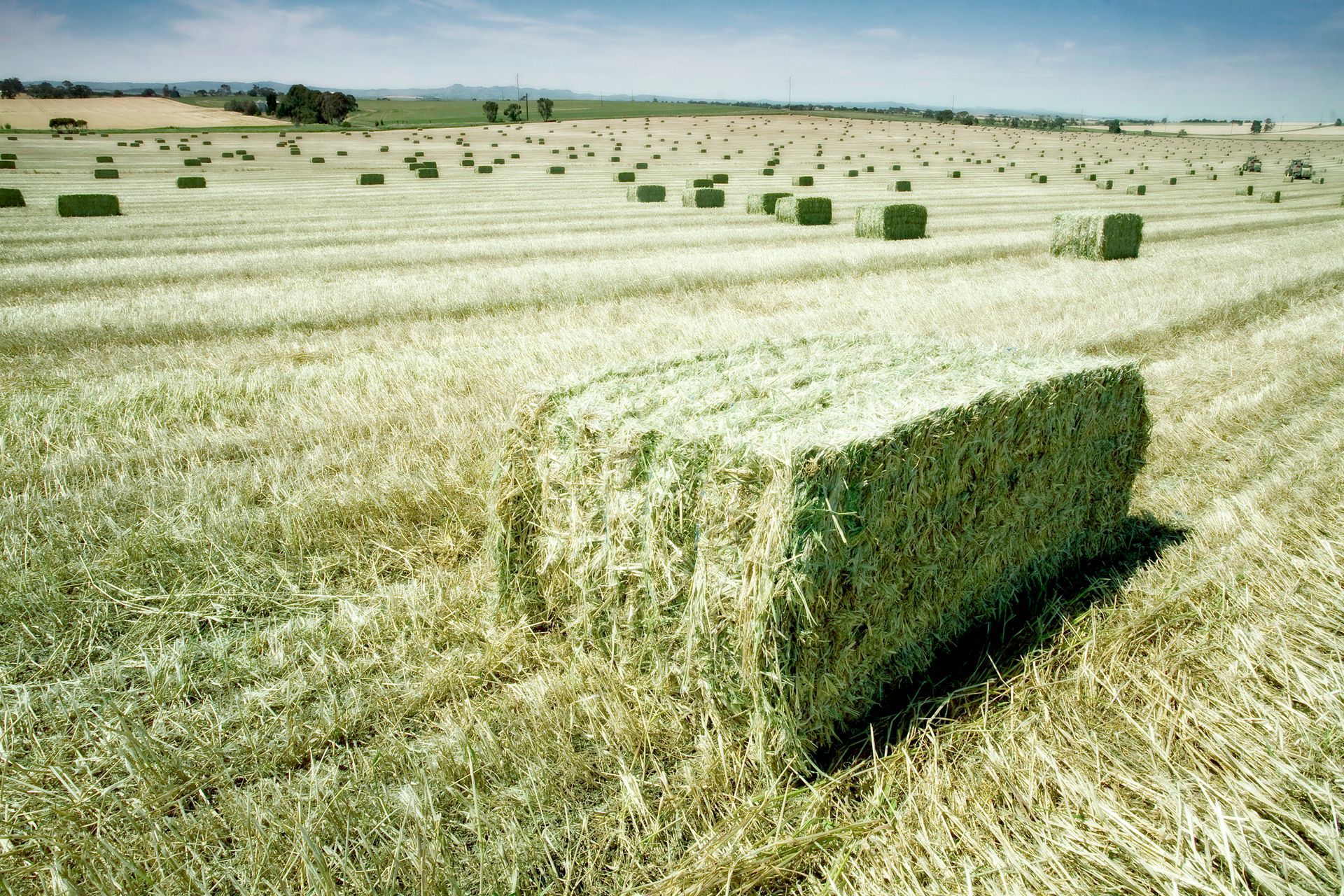
Wheat Bran
Wheat bran, consisting of the outer layers of the wheat kernel, is a by-product of wheat milling.
Rich in fibre, wheat bran pellets, flakes and mash have important nutrients that serve as a valuable feed for livestock.
Following a similar philosophy of supply, demand and the value our many years of relationships bring our clients and customers, we now help customers connect in a sustainable manner.
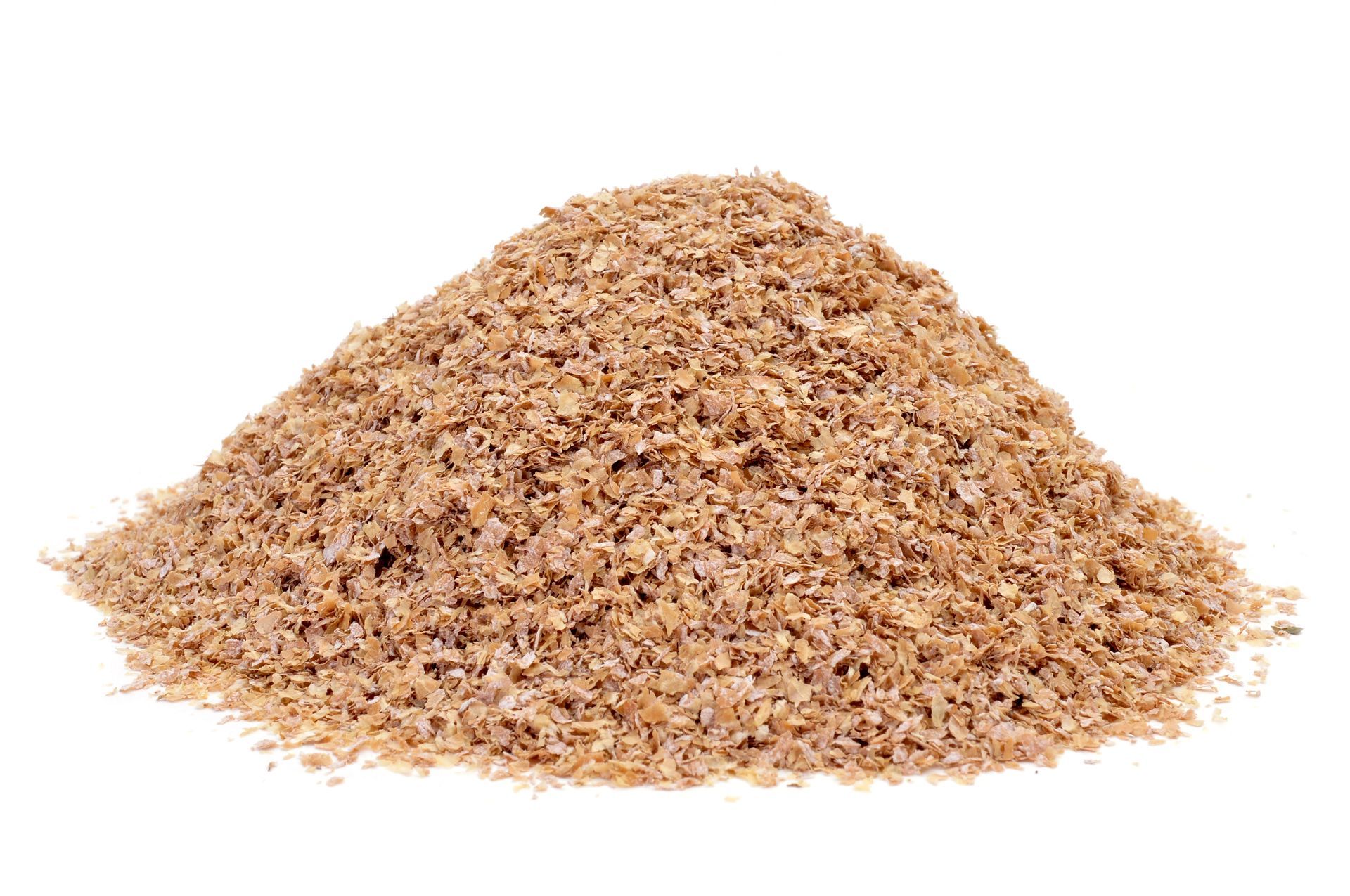
Fava beans
Fava beans are a widely cultivated legume that holds cultural and culinary significance in various regions including the Middle East and more particularly, Egypt where it is consumed in various dishes ranging from soups, stews and salads. It also serves as a cheap protein source for feed producers. Given Australia’s growing role in Fava bean production and exports, and Basis Commodities traditional role into Egypt we have begun to help exporters and buyers trade Fava beans together successfully.
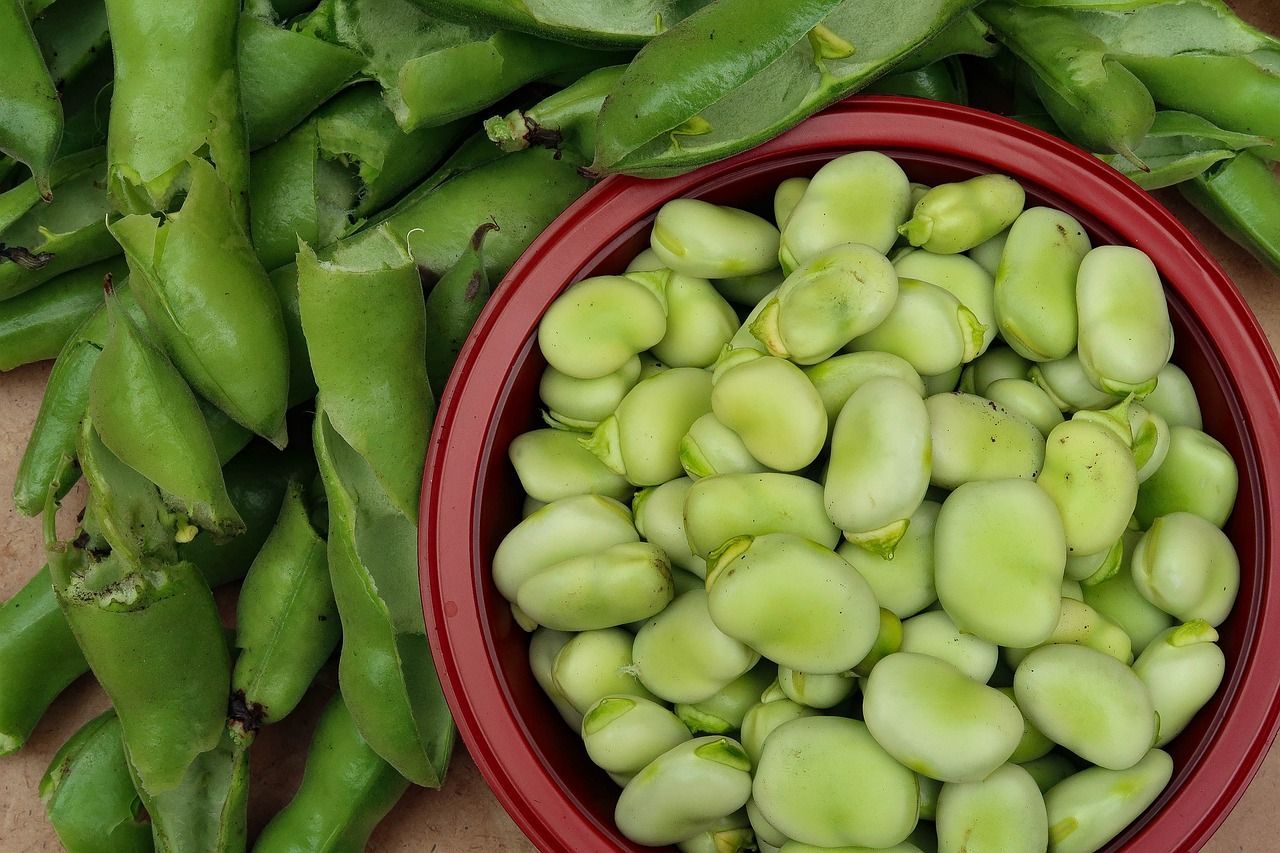
Lentils
Lentils are small, lens-shaped legumes that are widely used for human consumption and valued for their high protein content, fiber, and essential nutrients. Lentils imports into the Middle East and South Asia have been an increasingly important bulk export from Australia, one we have added to our commodity sourcing capabilities.
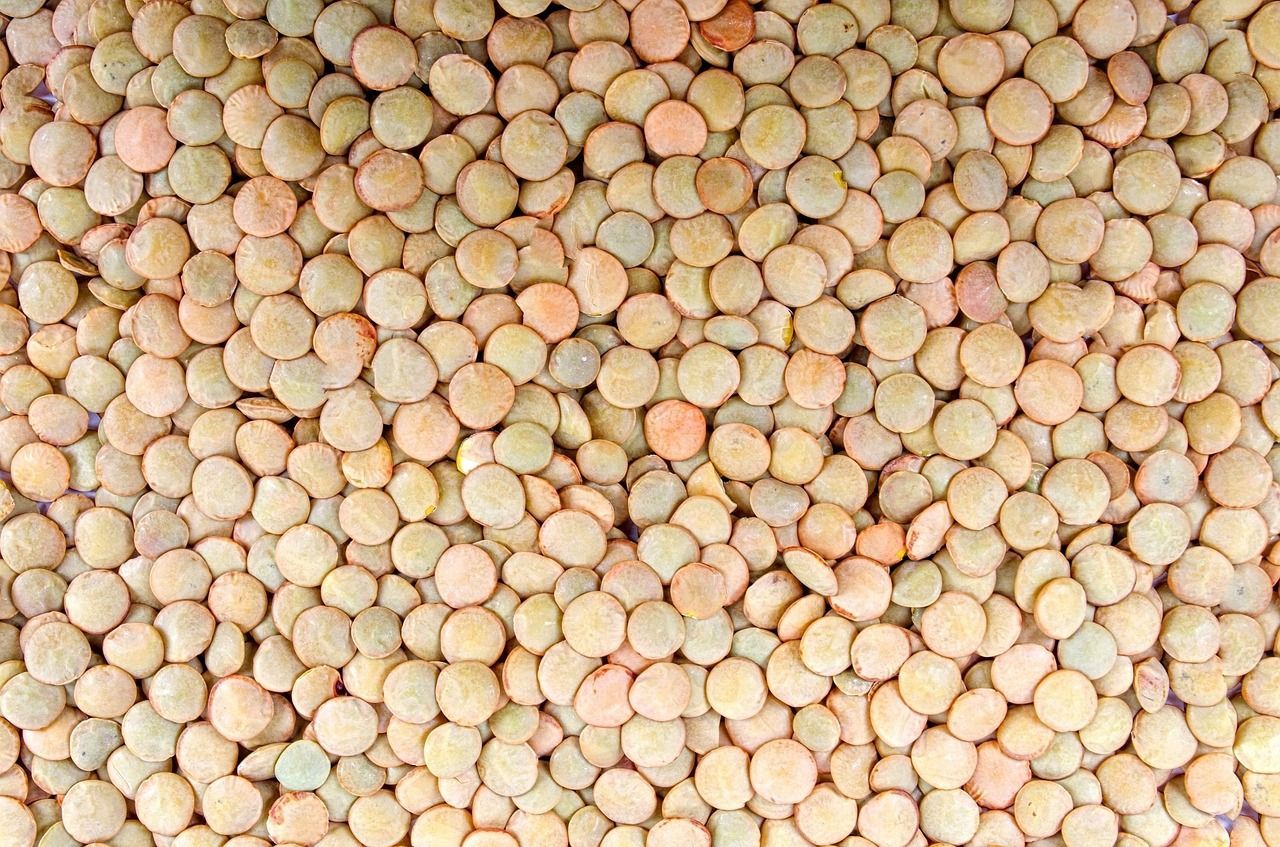
Lupins
Lupins, or lupine beans, are legume plants known for their seeds, which are used as food and feed. Lupin seeds are rich in protein, dietary fiber, and various essential nutrients. They are used in both human and animal nutrition.
Given lupins are exported from Australia and the Black Sea we see this as an opportunity for the food and feed industry within the Middle East.

Chickpeas
Chickpeas, also known as garbanzo beans, are legumes widely cultivated and consumed across the globe. Chickpeas are renowned for their versatility and nutritional value, being rich in protein, fibre, vitamins, and minerals.
Major producers and consumers of chickpeas traditionally include India, Pakistan and Turkey. The global demand for chickpeas has surged in recent years due to the popularity of plant-based diets and the increasing recognition of chickpeas as a healthy and sustainable protein source as well as population growth in the traditional markets of South Asia.
Because of this growth and Australian farmers success in rotating chickpeas into production, exports have expanded leading Basis Commodities to assist customers in procuring chickpeas for their needs.
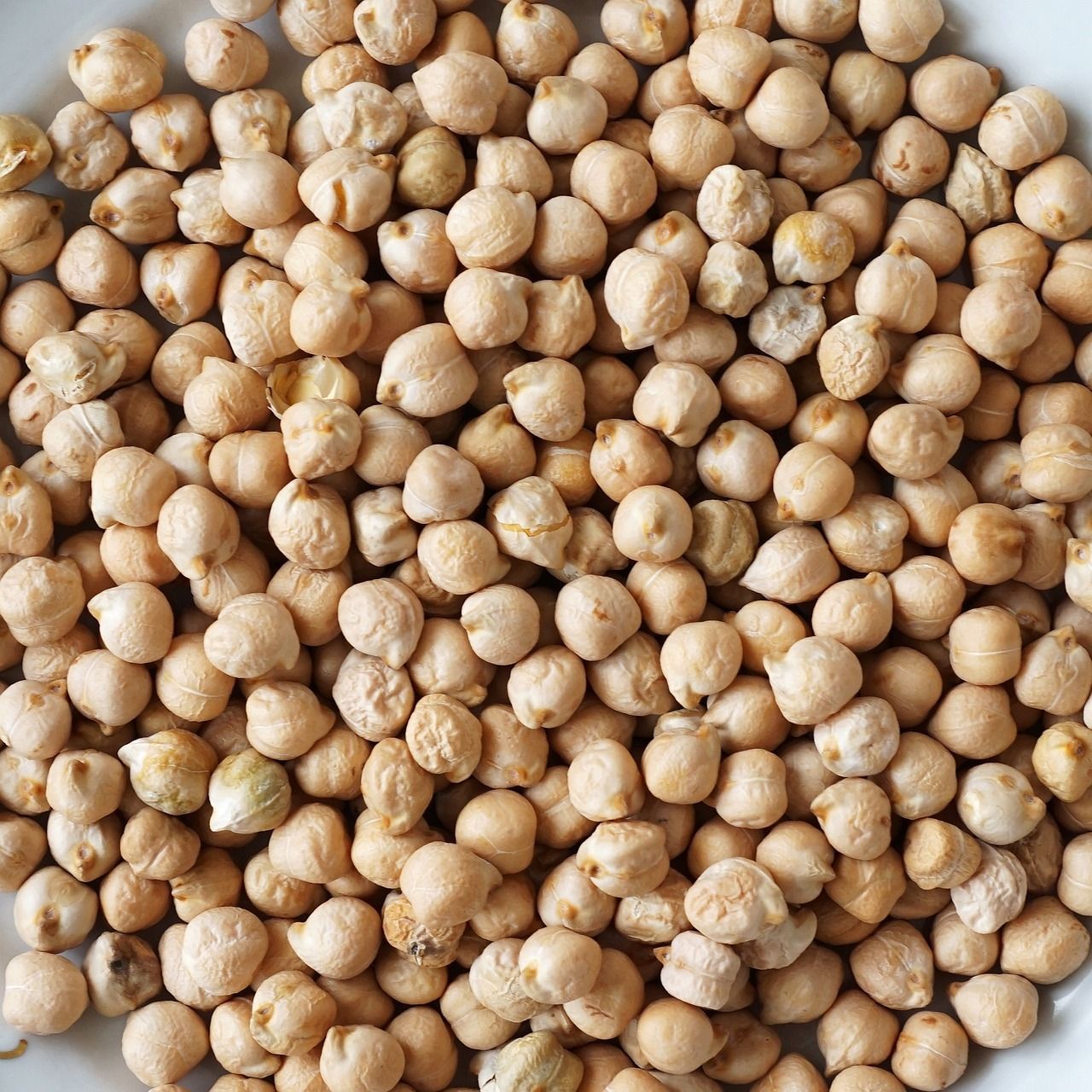
Raw and white (refined) sugar
Refined sugar is the processed and purified form of raw sugar, typically derived from sugar cane or sugar beets. The refining process involves removing impurities, colour, and molasses, resulting in a crystalline, white product. Refined sugar is an important ingredient in various food and beverages, as well as a staple in households around the world.
Basis Commodities Managing Director, Chris Whitwell, traded white sugar into the Middle East region for ten years in London and France for major companies including Sucden and Czarnikow Rionda before moving to grain. With this experience and knowledge he has been able to assist a number of his clients efficiently procure sugar from reliable suppliers.
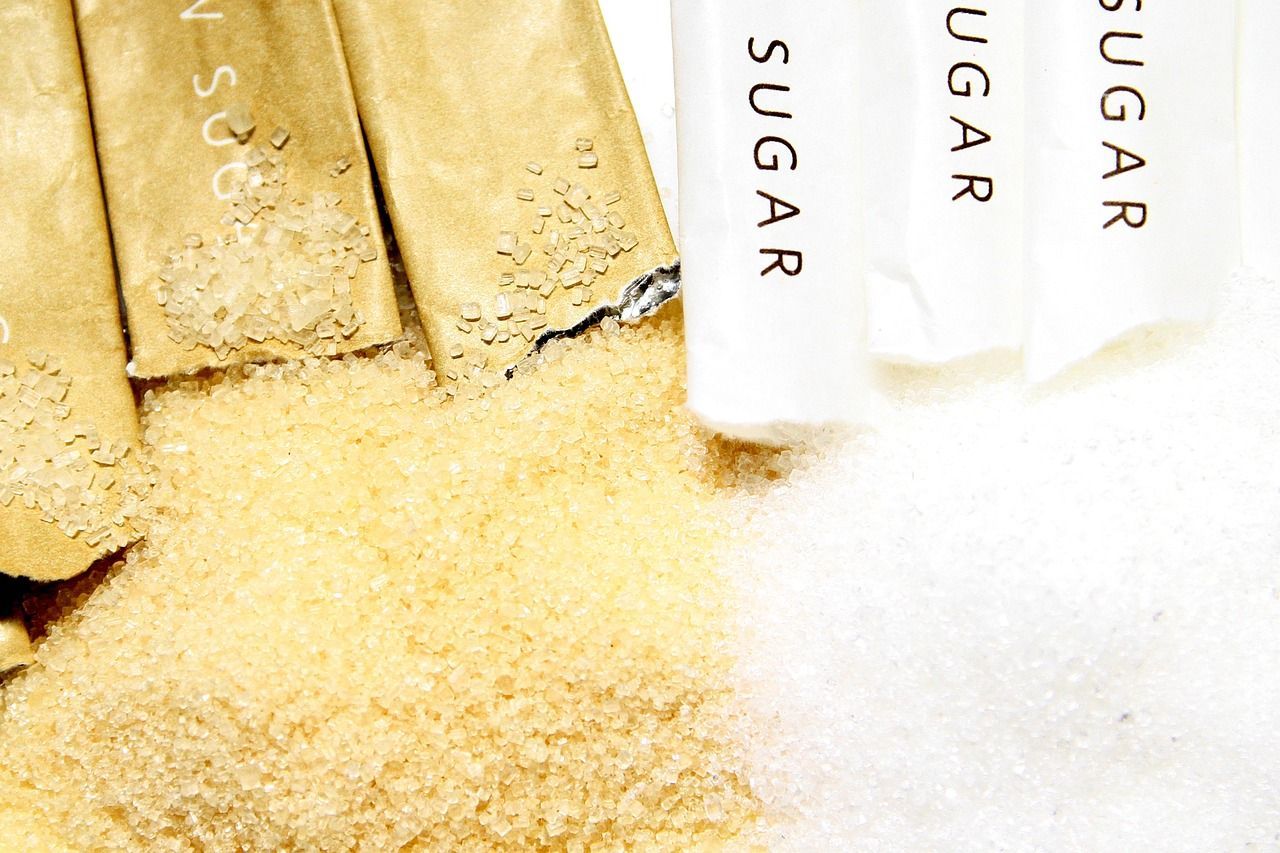
Sugar Beet Pulp Pellets
Sugar beet pulp pellets are a byproduct of sugar beet processing, commonly used as a valuable feed for livestock. These pellets are rich in fibre and energy, resulting from the extraction of sugar from sugar beets.
Some of the major exporters of Sugar Beet Pulp are Egypt and countries in the Black Sea. With longstanding and trusted relationships in these regions within the feed industry, we added this product to our commodity list in 2023.
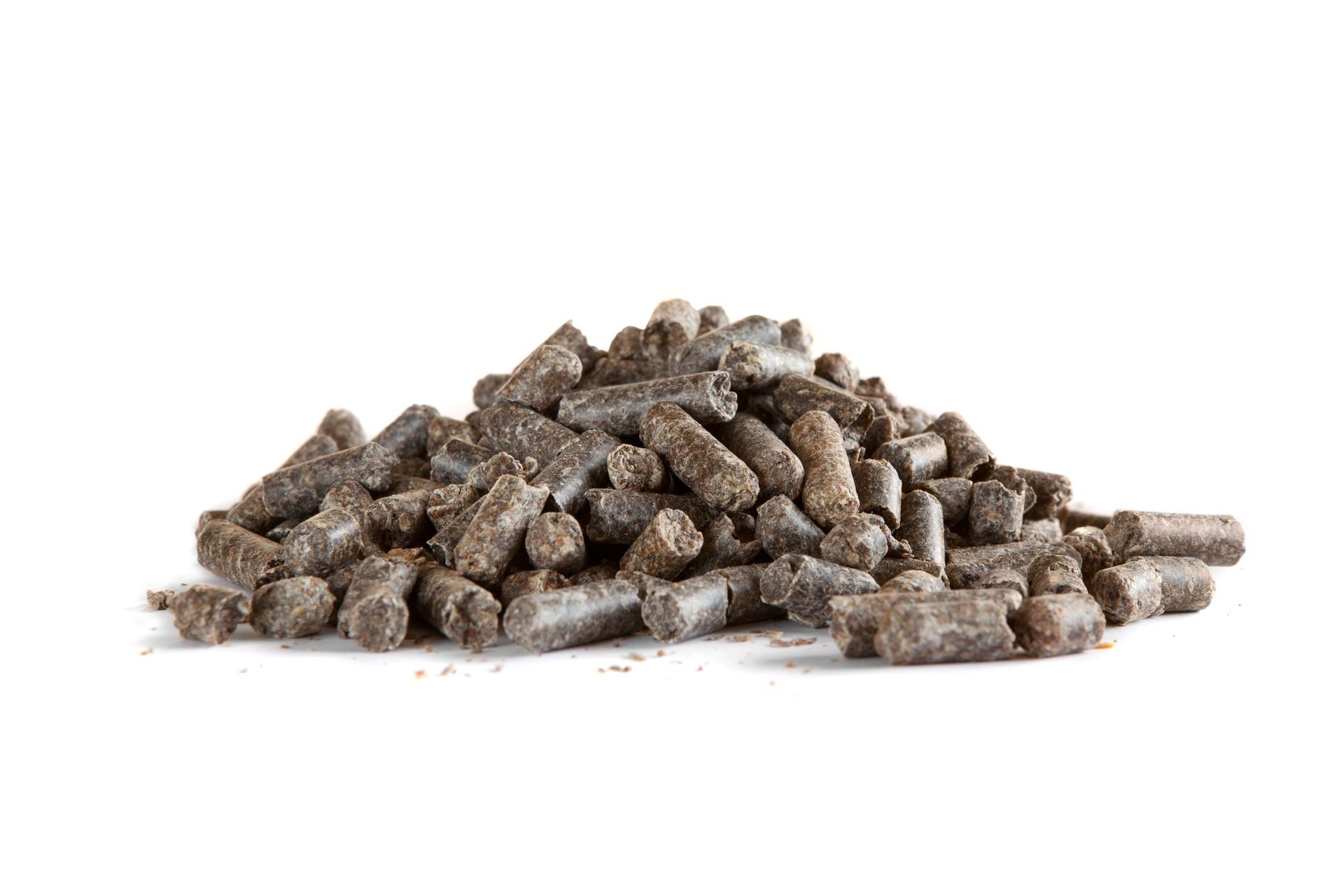
Molasses
Molasses is a thick, dark syrup that is a byproduct of the sugar refining process. It is produced when sugar cane or sugar beets are crushed to extract their juice, which is then boiled down to form sugar crystals. The remaining liquid, molasses, is rich in nutrients. There are several types of molasses, including light, dark, and blackstrap, each with varying levels of sweetness and bitterness depending on how many times the syrup has been boiled down.
The international trade of molasses is significant. Major producers include Brazil, India, Thailand, and China, where sugar cane cultivation is widespread. Molasses is exported to numerous destinations worldwide for both industrial and culinary purposes. In industrial settings, molasses serves as a crucial ingredient in the production of ethanol, rum, and animal feed. Additionally, it is used in various agricultural applications, such as soil conditioning and livestock feed supplementation.





